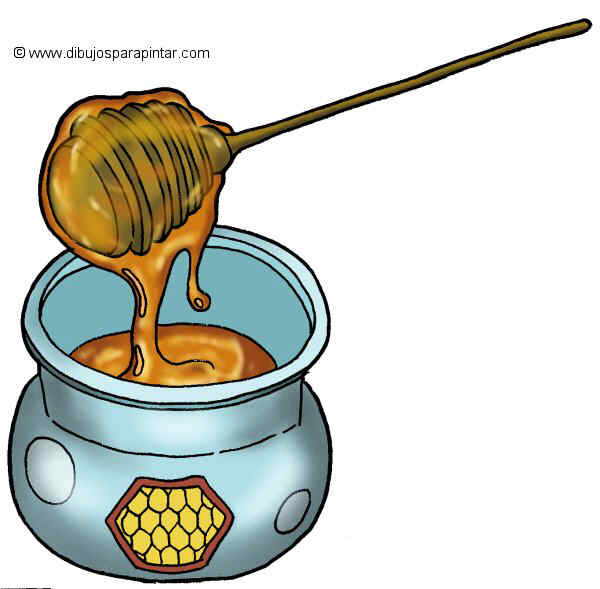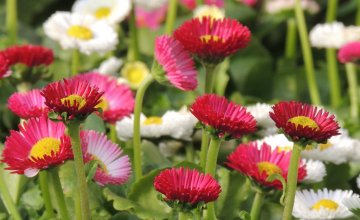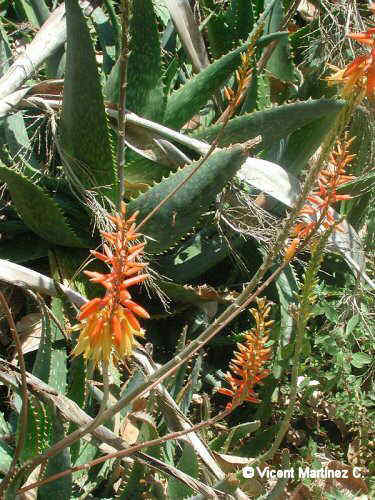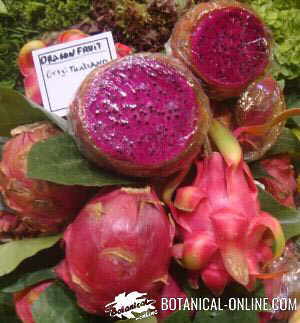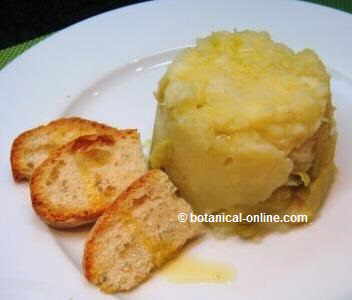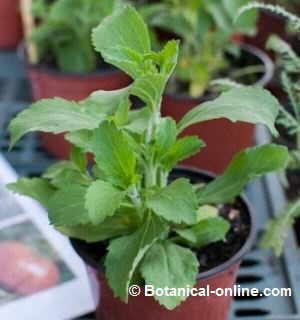Contents
What are goji berries?
CHARACTERISTICS OF GOJI BERRIES
Common English Name (fruit): Goji berries, wolf berries matrimony vine, Duke of Argyll tea tree.
Without reference to its true origin: Tibetan goji and Himalayan goji.
Its common name comes from the Chinese word “Gouqizi”. “Zi” means “berry” or “seed” in Mandarin Chinese.
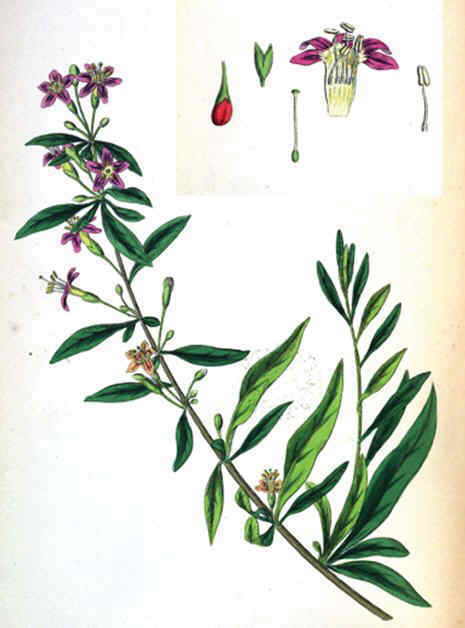
A drawing of the plant
Common name in other languages:
Spanish – Castellano: Bayas de Goji, cambronera, cambros, espino cambrón, vid del matrimonio, árbol de te del duque de Argyll, bayas del Himalaya, bayas del Tíbet
Catalan – Català: Arç negre o arn negre
Galician – Galego : Cambroeira chinesa
Basque – Euskara: …
French – Français: Lyciet commun, lyciet de Barbarie
Portuguese – Português: Goji
Romanian – Română: Cătina de garduri
Italian – Italiano: Goji
German – Deutsch: Gemeine Bocksdorn
Dutch – Nederlands: Boksdoorn
Danish – Danks: Almindelig bukketorn
Norwegian – Norks: Bukketorn
Swedish – Svenska: Bocktörne
Finish – Suomi : Pukinpensas
Lithuanian – lietuvių: Dygliuotasis ožerškis
Polish – Polski: Kolcowój pospolity, kolcowój szkarlatny
Hungarian – magyar: közönséges ördögcérna
Serbian – српски / srpski: Гоџи
Czech – čeština: Kustovnice cizí
Slovenian – slovenčina: Navadna kustovnica
Turkish – Türkçe: Atlangaç
Russian – Русский: Дереза́ обыкнове́нная
Botanical name: Lycium barbarum L. Its scientific name Lycium comes from the Latin “Lykia” or Lycia, an ancient region of Asia Minor, and barbarum means foreign. “Foreign Lycia.”
Family: Solanaceae
Habitat. Were to find goji?
The goji shrub is a plant native to the valleys of the Himalayas. It can grow up to 4000 meters, and from it has extended throughout Tibet, China, Mongolia, Korea and Japan.
Description of goji
Goji is a perennial shrub up to 5 meters high in the wild, but cultivated plants do not generally exceed 2 meters.
Its branches are grayish.
Its leaves, oblong-lanceolate, alternate and simple; with a maximum length of 7 cm long and 3.5 cm wide.
Flowers, which grow in the axils, are at the end of 1 to 2 cm long stems. They appear alone or in inflorescences of small groups (maximum three). The calyx consists of four short sepals. The corolla shows lavender or purple color, and it consists of 5 petals forming a bell-shaped structure. The stamens remain welded to it.
Pollination is usually entomophilous or by birds, because of the presence of a intraestaminal nectar disc.
In the northern hemisphere, flowering occurs from June to September and the maturation of its fruits (berries) takes place from August to October, always depending on latitude, altitude and climate of the area.
Its fleshy fruit is an indehiscent berry (it does not open to release their seeds). The mature berries, with an ellipsoid shape and with the size like a raisin, have bright colors ranging from orange, red, yellow and black. They can reach a size between 1 and 3 cm long.
The seeds are inside the berries. they are small and yellow, and, depending on the species, their number can range between 10 and 60.
Composition of Goji Berries
- Carbohydrates: 65% of the Goji berry is made up of carbohydrates. Its components are polysaccharides and monosaccharides: arabinose, glucose, galactose, rhamnose, mannose, xylose and / or galacturonic acid.
- Fats: they account for 10% of the composition of the berry, containing essential fatty acids, mainly linoleic acid.
- Protein: is about 15% of the berry. The Goji berry contains 18 amino acids, of which 8 are essential amino acids.
- Fiber: high. Reaches almost 10% of the composition of the berry.
- Minerals: iron, calcium, potassium, magnesium, phosphorus, zinc.
- Trace elements: mercury, manganese.
- Vitamins: carotenes (lycopene, lutein and zeaxanthin), vitamin C, B vitamins: thiamine (vitamin B1) and riboflavin (B2).
Nutritional composition table of goji berries
Below, there is a table with the composition of dried Goji berries per 100g of food:
| Main components of dry goji berries per 100g | |
| Nutrient | Content |
| Calories | 268Kcal |
| Carbohydrates | 48,8g |
| Proteins | 12-15g |
| Fats | 2,3g |
| from which saturated | 0,67g |
| from which polyunsaturated | 1,1g |
| from which monounsaturated | 0,47g |
| Fiber | 14,9g |
| Vitamin A | 42-148g |
| Vitamin a C | 118mg* |
| Vitamin a B1 or thiamin | 0,15mg |
| Vitamin a B2 or riboflavin | 1,30mg |
| Iron | 9mg |
| Calcium | 112,50mg |
| Potassium | 1132mg |
| Zinc | 2mg |
| * According to culture medium | |
![]() More information on goji berries.
More information on goji berries.

